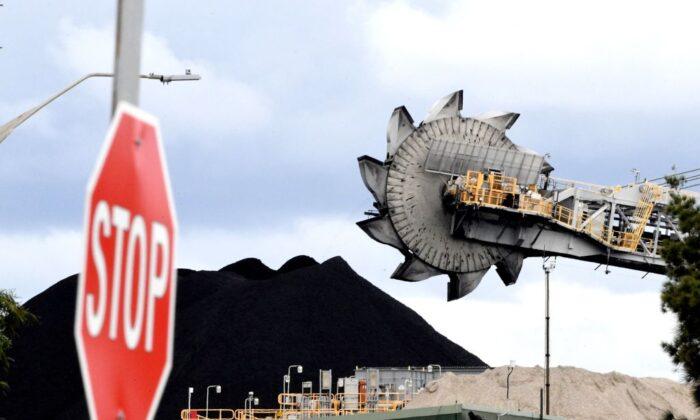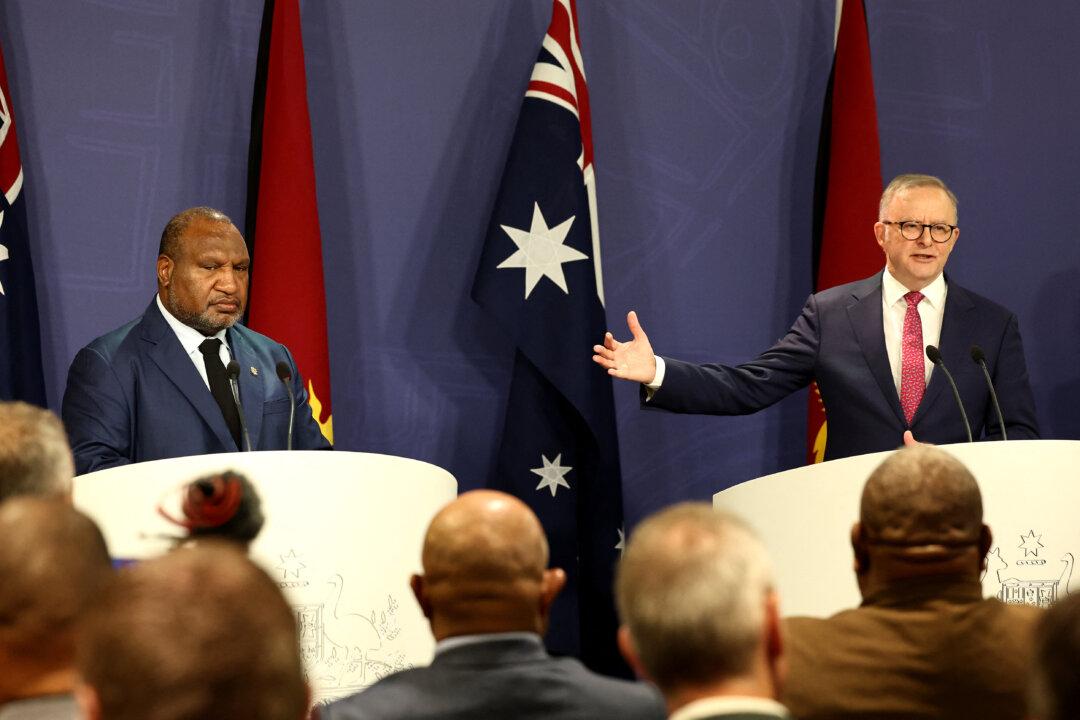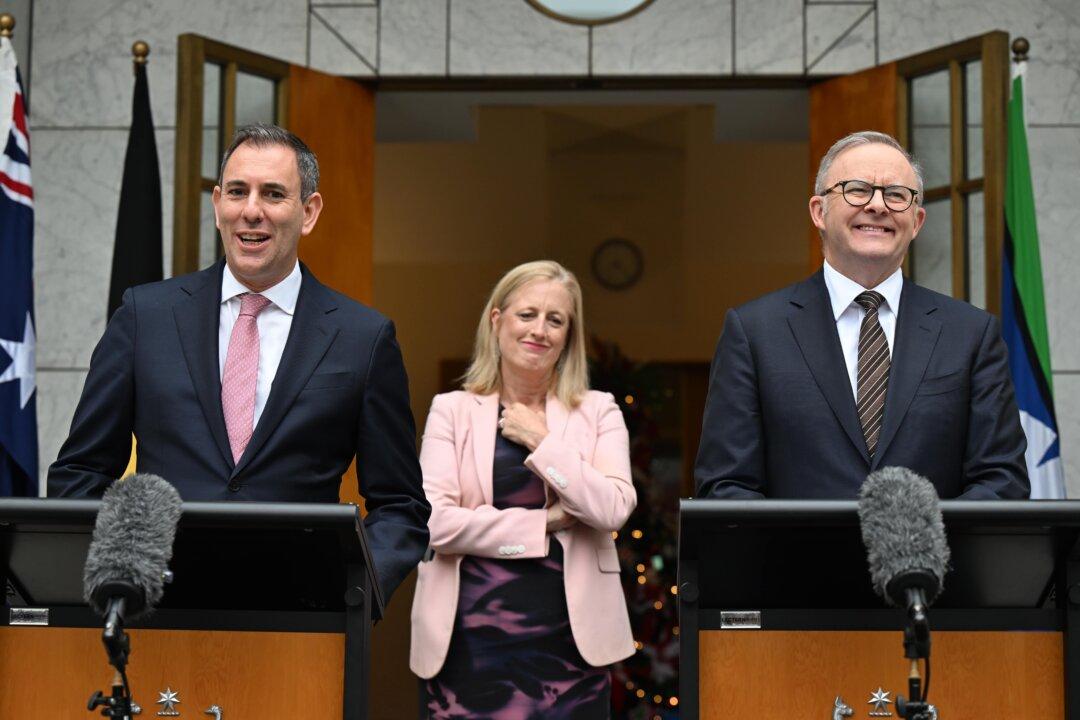Australia’s workplace arbitrator has ruled that a vaccine mandate issued by mining giant BHP was not lawful or reasonable—a decision expected to have ramifications across the private sector.
The mandate affected workers at the Mt Arthur thermal coal mine in the Hunter Valley, New South Wales. So far, 50 workers have been stood down over the issue.
The full bench of Fair Work Commission ruled Dec. 3 that the direction clashed with the workers’ enterprise agreement, citing a legal technicality.
The case was led by the Construction, Forestry, Maritime, Mining and Energy Union (CFMMEU), who have opposed mandates.

The CFMMEU argued that the mandate was unlawful because it did not comply with consultation requirements in their workplace agreement.
BHP in turn argued that staff feedback was sought when an email was sent out to employees.
On Oct. 6, BHP announced the mandate would require all workers to be vaccinated by Jan. 31, 2022, otherwise they would be denied access to the worksite.
“The science is clear that widespread vaccination saves lives. In line with government guidance, we recognise the path forward is through widespread vaccination in Australia,” said Edgar Basto, president of BHP Minerals Australia, in the statement.
“We know this will raise questions for some, and we will work closely with our workforce as we go through the process of implementing these controls at our workplaces.”
A CFMMEU spokesperson warned that the victory could be short-lived because there was room for further consultation—which could overcome the technicality identified by the FWC.
“Mt Arthur’s failure to comply with its consultation obligations under the [Work Health and Safety] Act is the major consideration which led us to conclude that the site access requirement was not a lawful and reasonable direction,” the spokesperson told the ABC.
“The consultation deficiencies we have identified can be addressed by Mt Arthur consulting the employees in relation to the question of whether or not the site access requirement should be imposed at the mine.”
Innes Willox, CEO of employer peak body the Australian Industry Group, said the “key message” from the decision was that it was important for employers to consult with staff before implementing vaccine mandates.
“The FWC full bench held that had the BHP Site Access Requirement been the outcome of a meaningful consultation process, BHP would have had a strong case that the site access requirement was a reasonable direction,” he said in a statement.
“The decision is not a repudiation of vaccine mandates by businesses,” he added.
This will be the first successful challenge of a vaccine mandate in Australia. Previous attempts to challenge such orders—whether in courts of law or at the FWC—have failed.
Additionally, a challenge in Tasmania from health workers was unsuccessful, while in Queensland, police failed to overturn the public health directive in their state.





